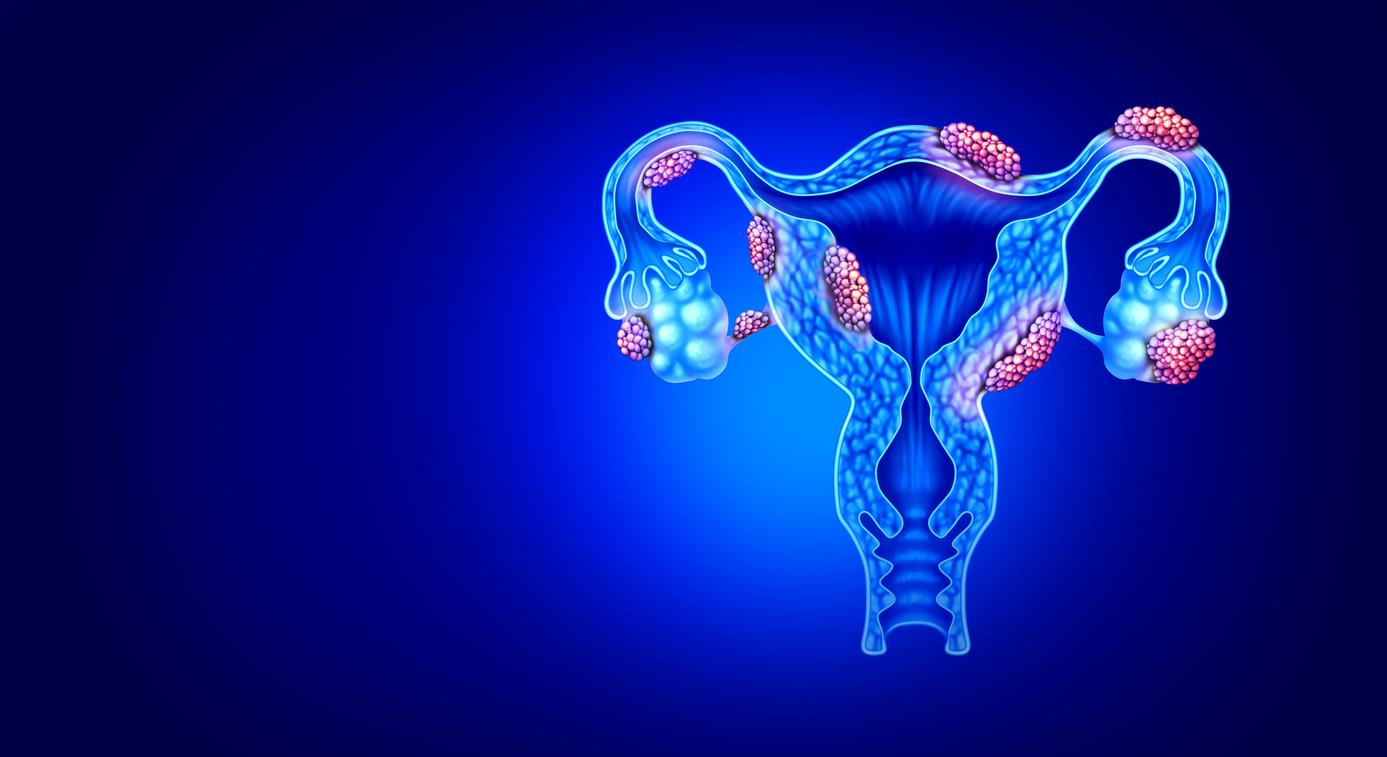Researchers are interested in the action of placebo drugs on pain. They reveal that these do not act on the mechanisms usually solicited but on other processes.

The placebo effect remains a mystery to scientists. The latter are still trying to understand how a placebo drug can relieve a patient’s pain. In the Journal of American Medical Association, researchers publish the results of research that sheds light on the action of the placebo. Their study shows that it does not act on areas of the brain normally solicited in the event of pain, but on other mechanisms that are still unknown.
20 studies scrutinized
A placebo is a drug that has no specific action on the body or pain, but acts through psychology. By taking it, the sick person feels better, but for decades the processes that explain this phenomenon have remained unclear to the scientific community. In this research, the researchers relied on 20 studies, including 603 participants, to understand the effects of placebo drugs on pain. They used the images taken as part of this work to study which parts of the brain the placebo has an effect on.
Placebo does not act on known pain-related mechanisms
The researchers found that the placebo had little effect on the neurological networks normally involved in the pain mechanism. This suggests that the placebo would actually act on other processes, which have not yet been identified.
For the scientists, this study is only the beginning in research on the effect of placebo treatments on the mechanisms of pain. Other scientific investigations could make it possible to understand how to treat thanks to these drugs, which are without risk of addiction. Today, opioids are often used to relieve pain, but they are very addictive. In the United States, for several years, an opioid drug crisis has been raging. Each year, 50,000 Americans die of drug overdoses from these treatments.
.

















